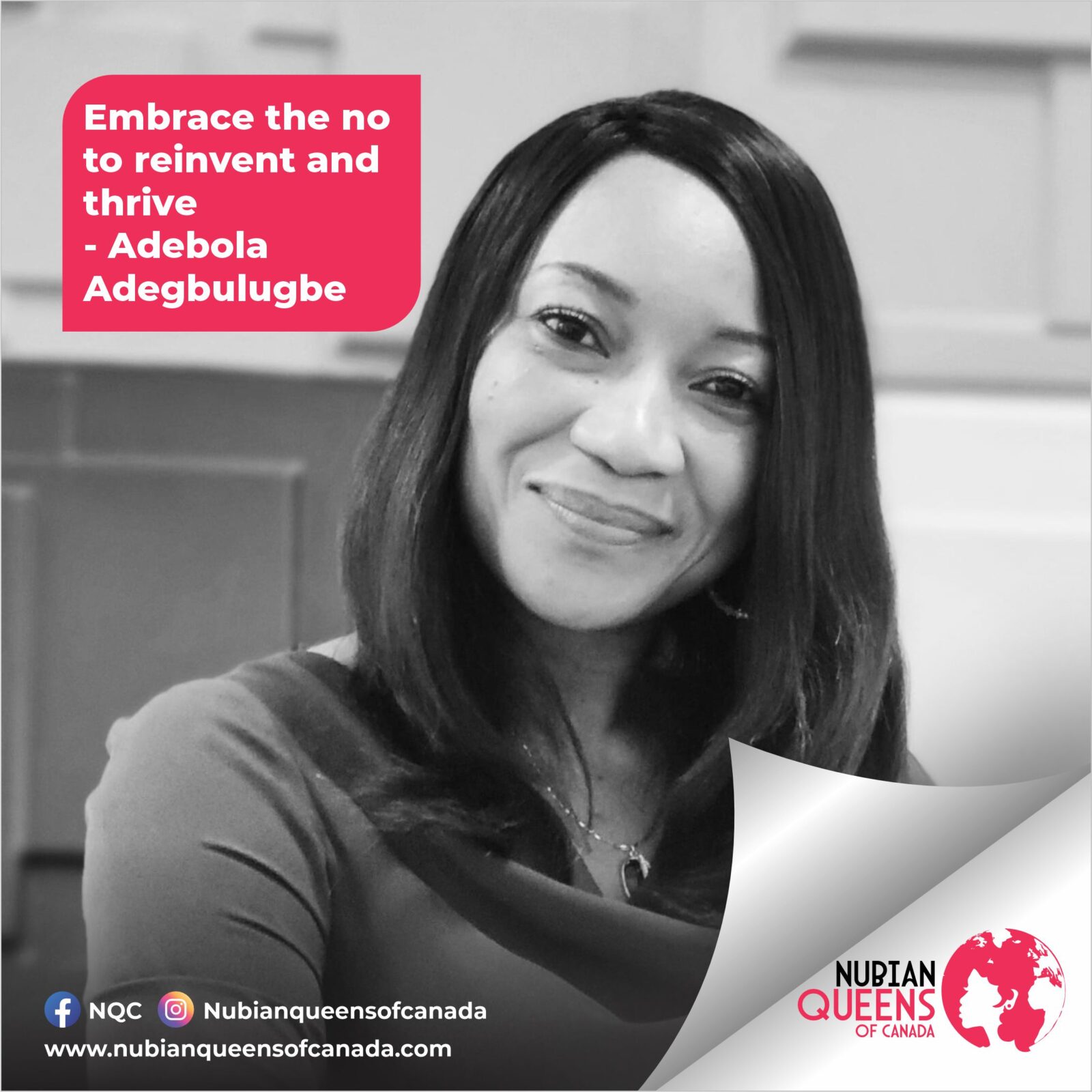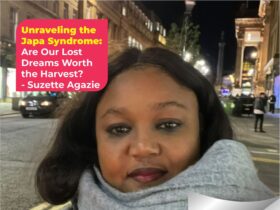Adebola Adegbulugbe moved to the UK in 2022 to pursue a Masters in Marketing Communications. Having worked for over ten years in the marketing communications industry in Nigeria, Adebola wanted to get an internationally recognized accreditation in her field in the hope that this would give her a job advantage in the UK market. She met with several challenges despite graduating with distinction and having impressive work experience. She tells her story of leveraging these challenges to reinvent herself and reimagine several options she didn’t see before. Read her full story here.
In 2022, I moved to the UK to pursue a master’s degree in Marketing Communications and gain an international qualification from a prestigious university. Although this was a new chapter, the UK was far from unfamiliar—I had spent my early childhood and teenage years here, and returning felt like coming home to a cherished place I had deeply missed. The transition brought a wave of nostalgia, evoking fond memories of growing up in the English countryside. Having spent so many formative years in the UK, I experienced little to no culture shock, and settling in was both familiar and comfortable.
My academic experience was rewarding. I graduated with distinction and earned an award for the best performance in my course. Naturally, I anticipated that my professional expertise and new qualifications would make it easy to land a role in my chosen career path- marketing communications. However, the reality of the UK job market, particularly for international migrants, proved more challenging than expected. The main challenges I faced were the lack of UK-specific work experience and the difficulty securing sponsorship due to my immigration status. Many companies I applied to could not offer the sponsorship I needed to remain in the UK with my family. It was a frustrating and disheartening period.
Ultimately, I took a position in the healthcare industry, starting at an entry-level job. Though this wasn’t my first choice, working in healthcare opened my eyes to new possibilities and allowed me to rethink my career trajectory. I realized that healthcare is a vast industry, offering numerous opportunities for growth and the potential to merge my marketing communications skills with the healthcare industry’s service offerings. The possibilities in this intersection are immense, and I see it as a promising path forward.
To women of colour considering migrating to the UK or other Western countries, I urge you to persist in building your career and adapt your skills to meet the needs of the job market you wish to enter. Don’t be discouraged by rejection. Rejection isn’t a dead end—it’s a redirection guiding you toward new opportunities. It’s not a sign of failure but a chance to reinvent yourself. Be confident in your abilities, and don’t hesitate to take on entry-level roles or internships. These positions provide invaluable work experience and help build a portfolio that aligns with the job market.
Rejection is not a roadblock; it’s a stepping stone. Many people tend to take rejection personally, so much so that it affects their self-esteem and they give up, but let us remember that nothing of substance and lasting value ever came easy. Instead, let us redefine the way we look at rejection, not as a dead end but as a challenge to redefine ourselves and restrategize before we launch out again. Let us look at rejection as a way to build resilience and tenacity – both of which are necessary for achieving our goals and building our dreams. Eventually, with resilience, tenacity and a willingness to adapt, we can grow, evolve, and succeed even in the most unexpected places.
Adebola Adegbulugbe tells her story from Kingswood, England, United Kingdom.
















Leave a Reply